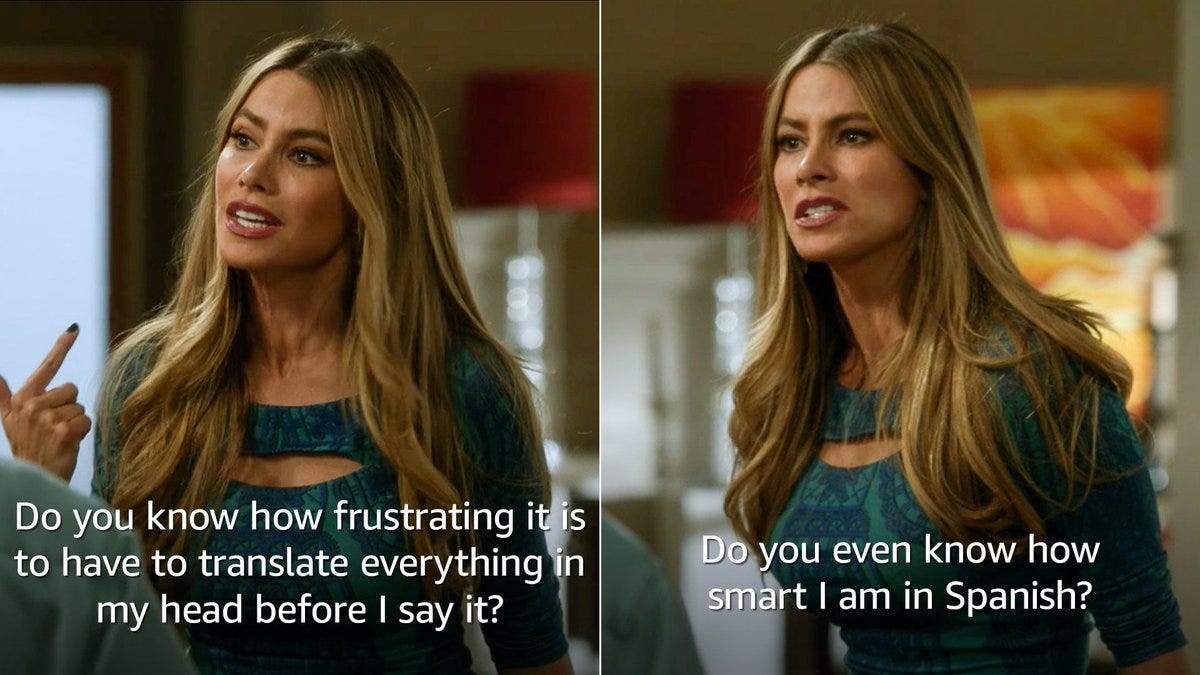Let's do a quick story time to illuminate why I approach languages the way that I do. It all started when I was a wee 18 year old who recently moved to Belgium. At age 17 I moved to Costa Rica, alone, to study at the UCR (Universidad de Costa Rica) in San Jose.
My hosts spoke 0 English, which was great because I spoke 2 years of public education Spanish. The point being, moving to Belgium, again alone, was not the first time I had been dropped into a country with no family or friends where very few people spoke my native language.
I lived in the south of Belgium, 20 minutes from Metz, France. In French speaking places, unlike the Flemish people, there was no English to be found. Even the English teachers hardly knew what they were talking about. As exchange students we were expected to take the same classes as year 6 students (think senior year of high school) but the system is different in Belgium. I was dropped into year 6 biology, year 6 chemistry, year 6 physics, year 6 everything.
The only thing that was familiar to me was the math (shout out Arabic). I was also placed into a year 6 French course. Every single teacher at that school knew I did not speak a word of French, but only the French teacher sought to make some extra accommodations for me. The very first day of class, he handed me a few pages from a Voltaire essay and told me to try and read them.
He was the only teacher in that school (so far, I would become very close with most and great friends with the Spanish teacher) he was the only adult who treated me the way he wanted me to be and not the way I was. For the first three weeks of class, I sat in the back with a French/English dictionary and I translated every single word. I underlined the different verb tenses and I asked him questions. Did I "sound like a 3 year old?" almost certainly. Did he work with me through that knowing you only stop growing if you stop working? Absolutely.
Soon after I made friends with someone who is now a historian. His love for the French language inspired my love for language overall. The desire to speak eloquently and precisely while maintaining the integrity of the language was palpable and it rubbed off on me. With that, however, he always challenged me to level up my speech.
When did it start you ask? After 2 months. He sat with me, unable to speak English, and worked painstakingly with me through every mistake and misinterpretation. The idea that I wouldn't be able to speak to him after a few months had never even crossed his mind. It was not an option to remain silent. I was going to speak. So I did. He was part of my wedding party late last year.
Midterms rolled around and I was confronted with a new challenge. Presenting a project to the class. I arrived in Belgium in August, by December I could give full length presentations on topics I researched, I analyzed, and I summarized. Were they perfect? Far from it. But I did it nonetheless.
I talk often about how ridiculous the idea that you need to be perfect in your target language is. If most people were charged with researching, summarizing, and scripting a 10 minute presentation on a novel topic, there would more than likely be countless mistakes. Even if they did it in their native language.
Making mistakes is part of the game. Sounding like a child is part of the game. Whether you do it in month 3 or month 8 changes nothing. However, the sooner you start making mistakes without fear the sooner you will ameliorate your speech and the easier it will be for you to avoid mistakes altogether.
Over a decade into speaking French I still make mistakes every time I open my mouth. Unless you are a native speaker you would likely never know. Even native speakers hardly notice. I am harder on myself than anyone else ever will be. Chances are you are harder on yourself than anyone else every will be. Moral of the story, start speaking if you want to improve your speech.
Find someone who sees you for what you can be not for what you are, even if that person is yourself. And seek out people who are willing and able to correct you when you make mistakes. People who will take the uncut gem that you are and refine you into something brilliant and elegant. Most importantly, if anyone ever tells you that you should not speak for months, tell them "okay, enjoy" and move on with your life.
Their obstacles are not yours and they stand in your way only to prove that you cannot do what they cannot do. Your timeline is your own. As is your language acquisition. It will be difficult, but you can do difficult things and be great. So go out and do some difficult things and become great.
Interested in working together to become great? Our 3 Months to Conversational Spanish class will begin April 1 of 2024. If you would like to participate, fill out the form below and I will reach out. Filling out the form is completely non committal. With that said, 8 of the 30 available seats have already been claimed. Should you like to secure your spot, be sure to indicate as much in the comments/questions box at the end of the questionnaire.
If you are working on a language other than Spanish, remember this. No one gets to dictate your timeline for you. Taking three years to speak is okay. Taking three months to speak is okay. So long as you are making daily incremental progress there is nothing that will stop you from becoming bilingual. That said, push yourself to speak early and often, you might even surprise yourself with the results.
Learning a new language is hard enough without someone who does not know you telling you what you are and are not capable of learning. Just because someone else cannot fathom doing something does not mean it is impossible for you to accomplish. You are capable of incredible things, so act like it. I believe in you, so you should, too.







